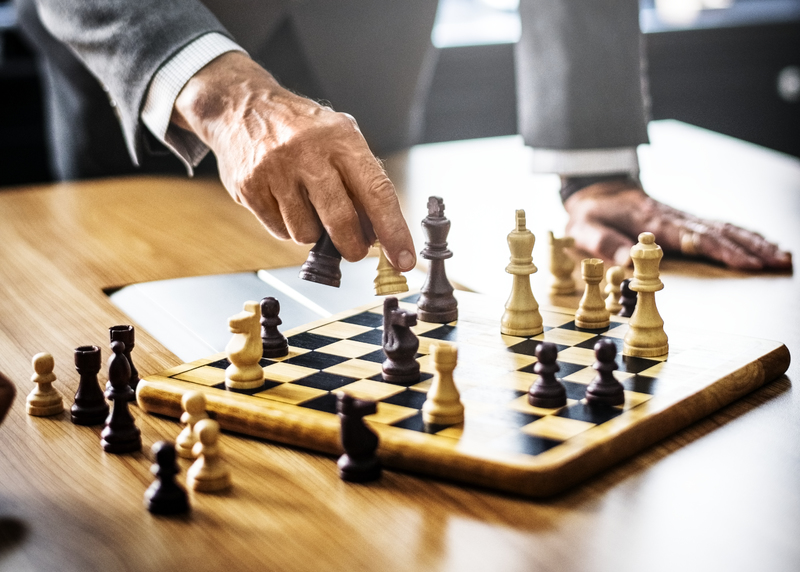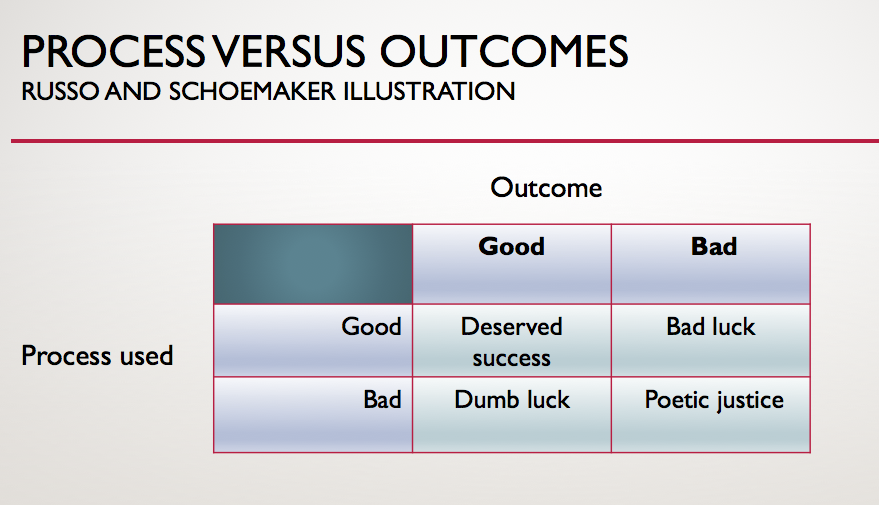The psychology of decisions under uncertainty
In 2002, Daniel Kahneman received the Nobel prize in economics “for having integrated insights from psychological research into economic science, especially concerning human judgement and decision-making under uncertainty”.
Dr.Kahneman did most of the work with Dr Amos Tversky, who died in 1966. Their studies opened a new field in economics: Behavioural finance. They called it Prospect Theory and deals with how investors make decisions under uncertainty and how they choose between alternatives.
Loss Aversion and fear of regret
One of the behaviours studied was loss aversion. Loss aversion shows the tendency for traders to feel more pain when taking a loss than the joy they feel when taking a profit.
Loss aversion has its complimentary conduct: fear of regret. Investors don’t like to make mistakes. Both mechanisms combined are responsible for their compulsion to cut gains short and let loses run.
Law of small numbers
Another conduct taken from Prospect theory is that individuals believe in the law of small numbers. It is the tendency of people to infer long term behaviour using a small set of samples. They suffer from myopic loss aversion by assigning excessive significance to short term losses, abandoning a long term beneficial strategy because of a suboptimal short term behaviour.
That’s the reason people gamble or trade until an unlucky losing streak happens to them. That is the main reason casinos (and the markets) profit from people. Those who lose early, exit because they had depleted their pockets or patience. Lucky winners will bet until a losing streak wipes their gains.
To abstain from falling into those traps, we should develop a strategy and get the strength and discipline to follow it, instead of looking to results too closely.
Process versus outcomes
In their book “Decision Traps”, Russo and Schoemaker, have an illustrative approach to the process vs. outcomes dilemma:
Fig 1: Russo and Schoemaker: Process vs Outcomes.
Results are significant and they are more easily estimated and quantified, but traders make the mistake to think that good results come from good processes and bad results came from bad ones. As we saw here, this may be false, so we should concentrate on making our framework as robust as possible and focus on following the rules.
Based on this conclusion:
- A good decision is to follow the rules, even if the result is a loss
- A bad decision is not following the rules, even if the result is a winner.
Take your trading to the next level with our 14 Day, No Obligation, Free Trial. You will soon discover why we are trading’s best-kept secret. We are successfully building the world’s largest group of profitable traders and would like you to be part of it.
You can join for as little as $19.99 per month, no contract, cancel anytime. Just one profitable trade each month covers this amount, the rest is pure profit. You will benefit from unparalleled access to our professional traders, our transparent trading performance, our LiveTradeRooms and access to the most comprehensive trading education on the market. What have you got to lose? JUST CLICK HERE TO GET STARTED NOW and see how real money is made!
Featured image courtesy of https://pxhere.com


